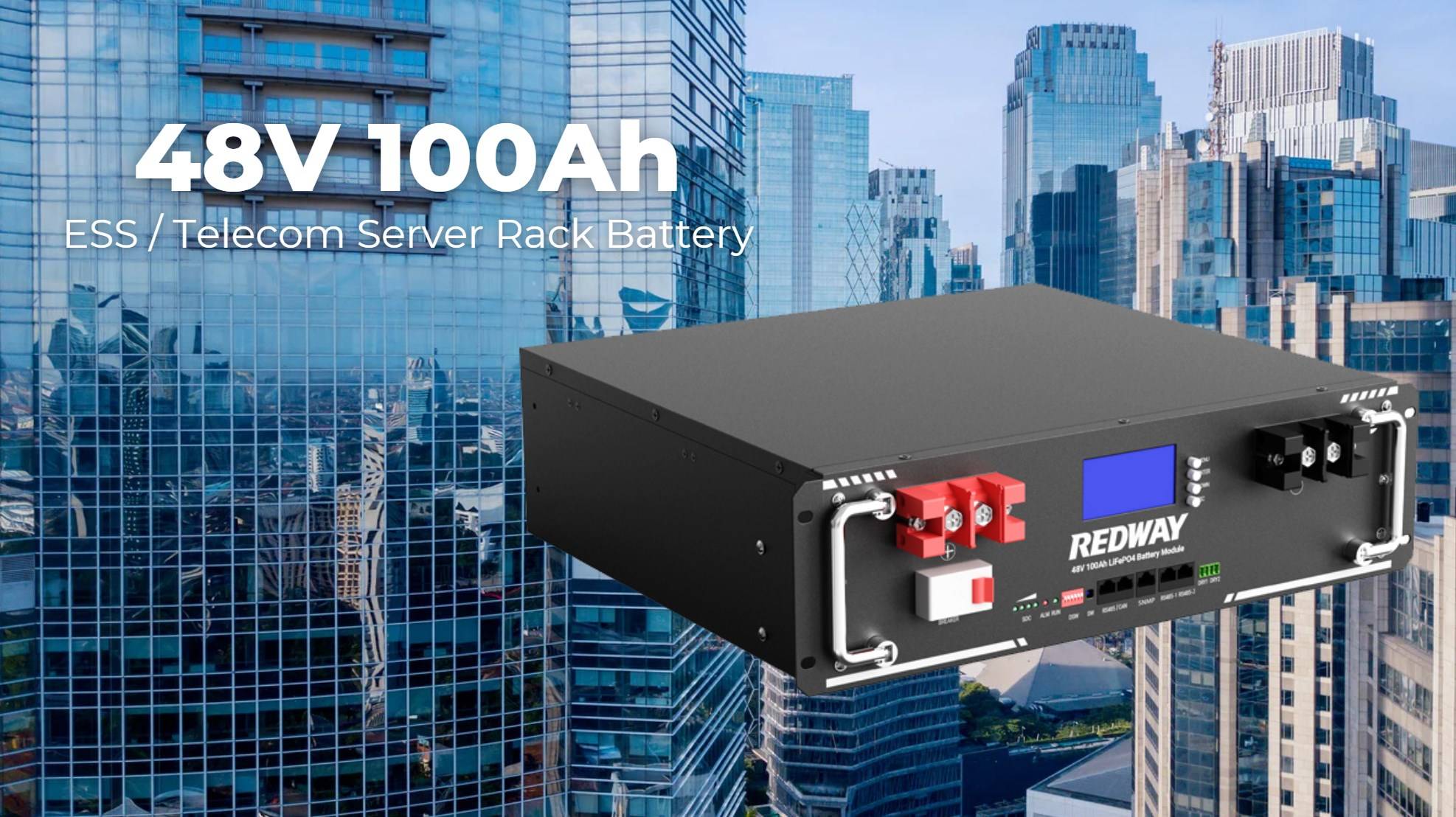Lithium batteries are essential components in modern energy storage solutions, particularly for backup power systems. Their high energy density, long lifespan, and lightweight nature make them ideal for various applications. This guide explores the benefits, workings, and considerations of using lithium batteries, helping you make informed choices for your energy needs.
What are lithium batteries?
Lithium batteries are rechargeable energy storage devices that utilize lithium ions as a key component in their electrochemical reactions. They are known for their high energy density, allowing them to store more energy relative to their size compared to traditional battery technologies.
| Specification | Value |
|---|---|
| Voltage | Typically 3.6 – 3.7 volts |
| Energy Density | Higher than lead-acid and nickel-cadmium |
| Lifespan | Generally 500 to 1500 charge cycles |
What are the benefits of lithium batteries?
The benefits of using lithium batteries include:
- High Energy Density: More energy stored per unit weight, making them lighter and more efficient.
- Long Lifespan: Capable of lasting several years with proper care and maintenance.
- Low Self-Discharge Rate: Retain charge effectively when not in use.
- Fast Charging: Can be charged quickly compared to other battery types.
| Benefit | Description |
|---|---|
| High Energy Density | More energy stored per unit weight |
| Long Lifespan | Extended usage life |
| Low Self-Discharge | Maintains charge longer |
| Fast Charging | Reduced charging time |
How do lithium batteries compare to other types?
When compared to other battery types, such as lead-acid and nickel-cadmium, lithium batteries offer significant advantages:
- Weight: Lithium batteries are lighter, making them ideal for portable applications.
- Efficiency: They have higher efficiency rates and lower self-discharge rates.
- Cycle Life: Lithium batteries can withstand more charge cycles before degradation occurs.
| Comparison Factor | Lithium Batteries | Lead-Acid Batteries | Nickel-Cadmium Batteries |
|---|---|---|---|
| Weight | Lighter | Heavier | Moderate |
| Efficiency | Higher | Lower | Moderate |
| Cycle Life | Longer | Shorter | Moderate |
How do lithium-ion batteries work?
Lithium-ion batteries function through the movement of lithium ions between the anode and cathode during charging and discharging cycles. When charging, ions move from the cathode (typically made from materials like lithium cobalt oxide) through an electrolyte to the anode (usually graphite). During discharge, these ions flow back, generating electrical energy.
What applications use lithium-ion batteries?
Lithium-ion batteries are used in various applications, including:
- Consumer Electronics: Powering smartphones, laptops, and tablets.
- Electric Vehicles (EVs): Serving as a primary power source due to their high energy density.
- Renewable Energy Storage: Used in solar power systems to store excess energy for later use.
- Power Tools: Providing reliable power for cordless tools.
| Application | Description |
|---|---|
| Consumer Electronics | Smartphones, laptops |
| Electric Vehicles | Primary power source in EVs |
| Renewable Energy Storage | Storing excess solar power |
| Power Tools | Cordless tools requiring reliable power |
What are the safety considerations for lithium batteries?
Safety considerations include:
- Overcharging Risks: Can lead to thermal runaway if not properly managed.
- Temperature Sensitivity: Extreme temperatures can affect performance and safety.
- Proper Disposal: Lithium batteries must be disposed of according to local regulations to prevent environmental harm.
What factors should you consider when selecting a battery?
When selecting a battery for your needs, consider:
- Capacity Requirements: Assess how much power you will need based on your devices.
- Size and Weight: Ensure it fits your application requirements without being overly cumbersome.
- Cost vs. Performance: Balance upfront costs with long-term performance benefits.
How do different battery chemistries affect performance?
Different battery chemistries impact performance significantly:
- Lithium Iron Phosphate (LiFePO4): Known for safety and long cycle life but lower energy density than other lithium types.
- Nickel Manganese Cobalt (NMC): Offers a balance between capacity and thermal stability, commonly used in electric vehicles.
- Lithium Cobalt Oxide (LCO): High energy density but less stable; often used in consumer electronics.
Buy Wholesale Battery Tips
For those considering wholesale purchases of batteries or related products, partnering with a reliable manufacturer like Redway Battery, known for its extensive experience in lithium battery production, is crucial. To make OEM orders effectively:
- Define your specifications clearly.
- Communicate regularly with the manufacturer throughout the process.
- Ensure compliance with safety standards.
Industrial News
Recent developments indicate a growing trend toward sustainable practices in battery manufacturing as companies explore alternatives to traditional materials like cobalt due to environmental concerns and supply chain issues.
Redway Expert Views
“Investing in high-quality lithium batteries is essential for ensuring reliability and efficiency in various applications; understanding your specific needs will help guide your choices,” states an expert from Redway Battery.
FAQ Section
- What types of applications use lithium-ion batteries?
Lithium-ion batteries are commonly used in consumer electronics, electric vehicles, renewable energy storage systems, and power tools. - How long can I expect a lithium-ion battery to last?
Typically, a well-maintained lithium-ion battery can last between 500 to 1500 charge cycles depending on usage conditions. - What should I consider when choosing a battery?
Consider factors such as capacity requirements, size and weight constraints, cost versus performance balance, and safety features.



